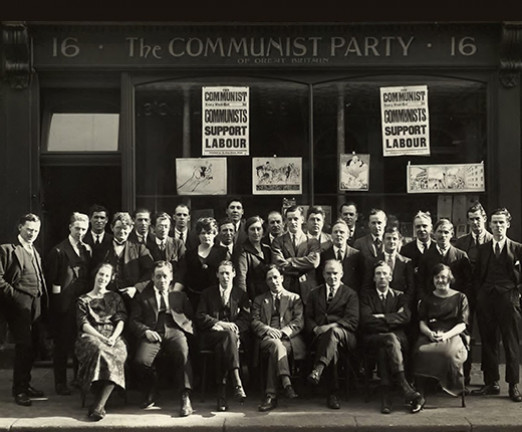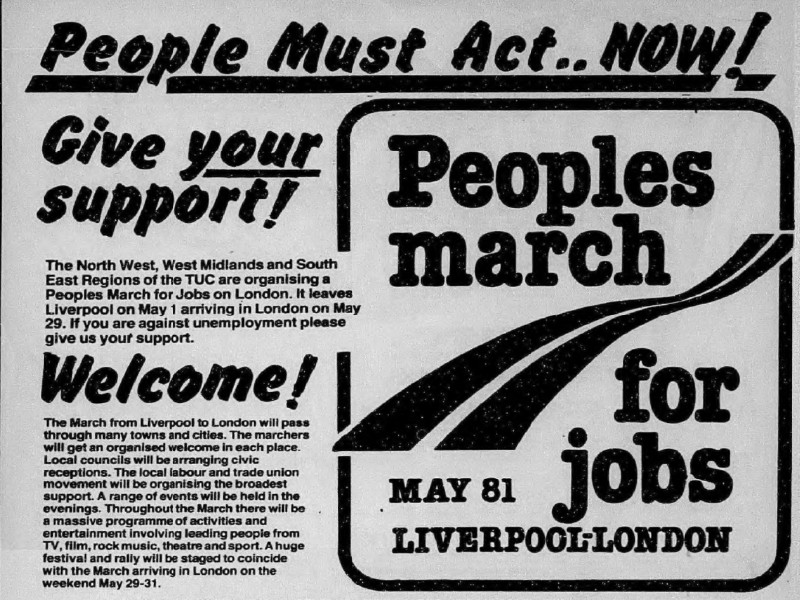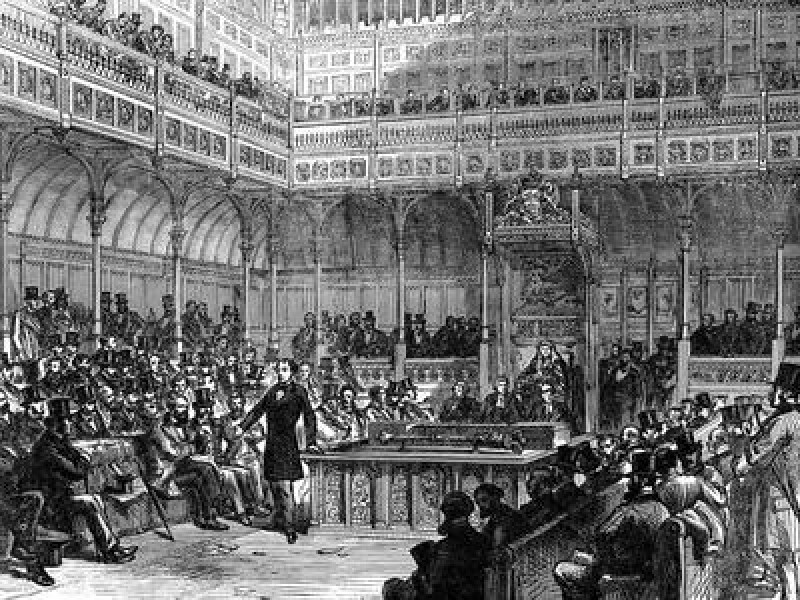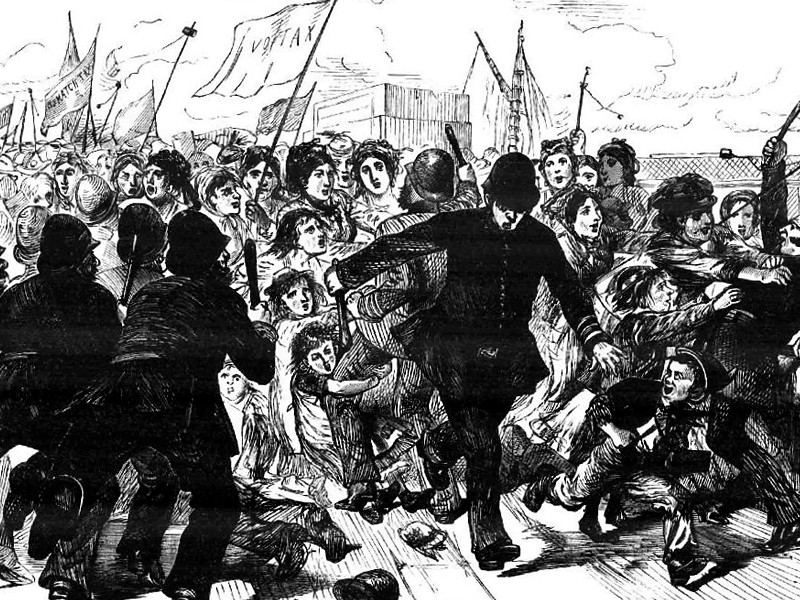
Radical Trade Unionism in Britain, 1921–1991

Papers of the Industrial Department of the Communist Party of Great Britain
This is war - not a game of lawn croquet. Our whole future is at stake. We fight against a great monopoly employer who is backed by a Tory Government whose anti-working-class record stinks to the very high heavens.1958
Access the full collection
Access the full archive of Radical Trade Unionism in Britain, 1921–1991.
Institutional Free Trial
Start your free trialRegister for a free 30-day trial of Radical Trade Unionism in Britain, 1921–1991, for your institution.
Institutional Sales
Visit Sales PagesellFor more information on institutional access, visit our sales page.
Already have a license? Sign in.
Discover the rich history of trade unionism militancy in Britain

From its inception in 1920, the Communist Party of Great Britain (CPGB) was intimately involved in trade unionism in Britain. From entryism to election rigging and radical education of workers to support for legitimate industrial action, the CPGB took to trade unionism with particular zest and determination. This collection is comprised of material from the CPGB’s Industrial Department, which sought to organise the party’s strategy in relation to trade unions and industry.
Trade unions were one of the most fertile grounds for the CPGB and, as such, the collection demonstrates the outsized influence the CPGB held at various points in the twentieth century. This includes material from the revolutionary minded National Minority Movement of the 1920s, the destabilising infiltration of unions during the 1970s, and the fierce clashes with Thatcherism during the 1980s.
This collection is accompanied by three contextual essays written by Professor Kevin Morgan.
Contents
Radical Trade Unionism in Britain, 1921–1991...
Papers of the Industrial Department of the Communist Party of Great Britain
Discover
Highlights

Licensed to access Congresses of the Red International of Labour Unions, 1921–1930

Licensed to access Pamphlets of the National Minority Movement, 1930–1931
This document contains a variety of pamphlets from the National Minority Movement, which was a campaign to organise workers who were disillusioned with reformist trade unions and preferred a more radical strain of activism. Featured pamphlets show NMM campaigns for improved pay, shorter working days, and even anti-imperialism.

Licensed to access The miner's strike, 1984-1985
Perhaps the most bitter industrial dispute in British trade union history, the miners’ strike paved the way for de-industrialisation and the neutering of trade unions' powers. Papers featured in this outline the CPGB, the Labour Party, and the Conservative government’s thoughts and actions in relation to the strike.
Insights
The trade union movement in Britain came to prominence in the late eighteenth century following the success of the Chartist movement, in which working class men had fought for the extension of the voting franchise and other political reforms.
- Communists gave particular credence to the trade union movement, as they saw the (largely proletarian) organisations as a key battle ground for building anti-capitalist sentiment and establishing a socialist society.
- As such, the Communist Party of Great Britain sought to expand its trade union influence through the establishment of the Industrial Department, which organised the party’s industrial strategy and campaigns.
- One of the CPGB’s first major campaigns was the National Minority Movement of the 1920s, which aimed to organise a radical presence in the labour movement. The NMM was intimately involved in supporting the failed General Strike of 1926.
- Although the party was past the peak of its political influence, the 1960s and 1970s saw the CPGB exercise an outsized influence in the trade union movement. Key actors like Bert Ramelson organised energetic campaigns that mobilised genuine worker discontent with militant tactics like ballot-rigging and entryism.
- The collection also features many documents from the fractious period of the 1980s, in which Conservative PM Margaret Thatcher shattered the trade union movement and reshaped labour relations in Britain.
- Generally, the collection offers a front-line perspective on a range of industrial disputes in Britain, ranging from bus and maritime strikes in the transport sector, to agitation and the radical education of teachers and higher education staff in universities.
Unlock Historical Research for Your Institution
Provide your students and researchers with direct access to unique primary sources.
Related Media


The Departments of the Communist Party of Great Britain: A Detailed Guide Contextual Essays




-colour.svg)





